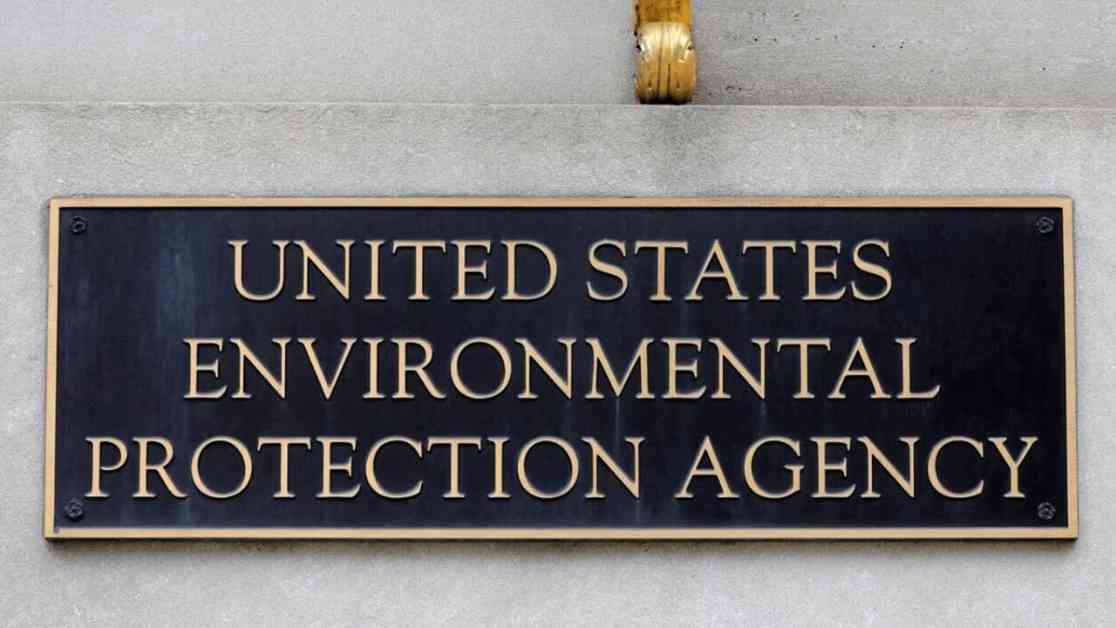The Environmental Protection Agency (EPA) is facing a lawsuit over the new emissions standards for big rig trucks and buses. A coalition of agricultural, manufacturing, and energy production groups have filed petitions in federal court to block the impending rules that apply to heavy-duty vocational vehicles, including garbage trucks and bobtails.
The lawsuits were launched after the Biden administration denied that the new rules represent a ban on internal combustion engines. The American Petroleum Institute (API) led one suit, which included the American Farm Bureau Federation, Corn Growers Association, and Owner-Operator Independent Drivers Association. Another suit, headed by the American Fuel & Petrochemical Manufacturers (AFPM), named only the agency.
The API-led action alleged that the EPA’s final rule on heavy-duty vehicles violates federal law and petitioned the court to throw it out. AFPM claimed that the EPA’s new regulation wrongly imposes an electrification mandate on the trucking sector. They argued that the EPA does not have the authority to restrict access to internal combustion engine technology.
According to Rich Moskowitz, AFPM’s general counsel, the EPA’s policies will strain the national electric grid, cause traffic issues, and make sweeping policy changes without Congress’ approval. The API is defending consumers who rely on trucks for everyday goods delivery. They believe that the switch to new technology mandated by the EPA will have consequences for the average American.
The National Corn Growers Association expressed concerns about how the new rule will impact U.S. grain farmers who supply ethanol for American gasoline. They believe that the EPA’s focus on electric vehicles over alternatives like corn ethanol is not a one-size-fits-all solution for addressing climate change.
In response to the lawsuits, the EPA stated that the new emissions rules are technology-neutral and performance-based. The agency believes that the greenhouse gas reductions from these rules will benefit all residents, especially vulnerable populations like people of color, low-income groups, indigenous peoples, and children.
The EPA did not specifically address the truck rule lawsuit but maintained that the new standards for light-duty trucks and cars will not negatively affect consumers or choice. The agency claims that the standards will encourage the development of more efficient vehicles, reducing fuel and maintenance costs, as well as pollution.
The impact of the EPA’s emissions standards on the trucking industry and the corn industry remains a contentious issue. As the lawsuits progress through the court system, the outcomes could have far-reaching implications for both sectors. It is crucial for stakeholders to continue advocating for policies that balance environmental concerns with economic realities to ensure a sustainable future for all industries involved.





















